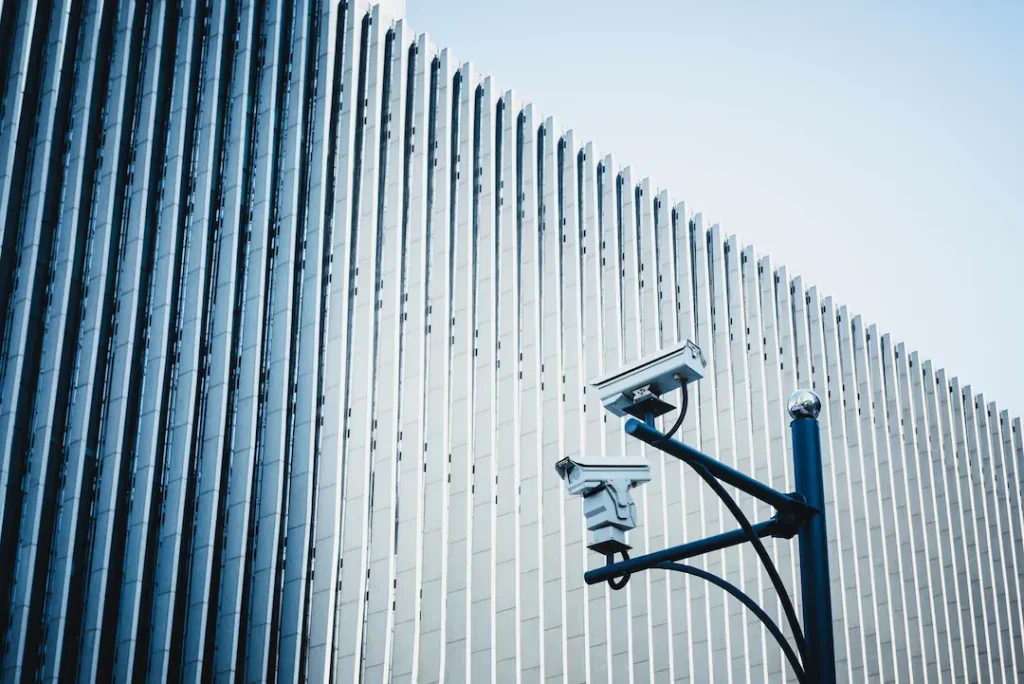Get in Touch
What is the VideoPrivacyProtectionAct(VPPA)?
The Video Privacy Protection Act (VPPA) is a federal law designed to protect your right to privacy when it comes to video rental and viewing history. Enacted in 1988, the VPPA prohibits companies from sharing personally identifiable information (PII) about what you watch without your explicit consent. While originally applied to physical video rentals, the law has evolved to include modern streaming platforms, apps, and digital video services.
If a company has shared your video viewing data without your permission, you may have a case under the VPPA.


